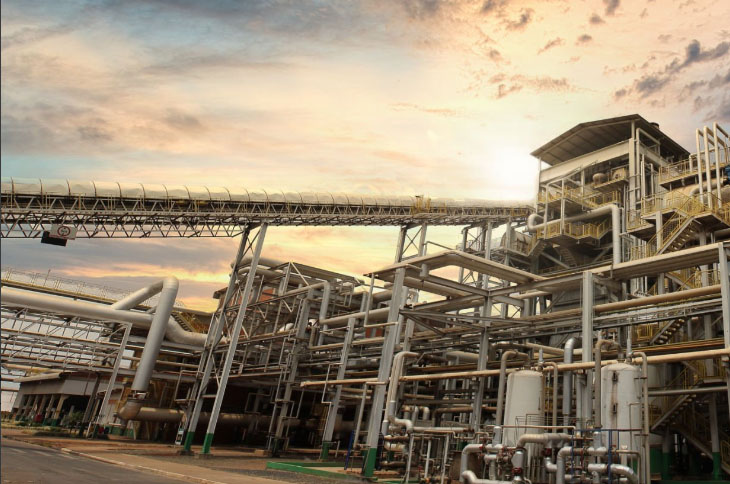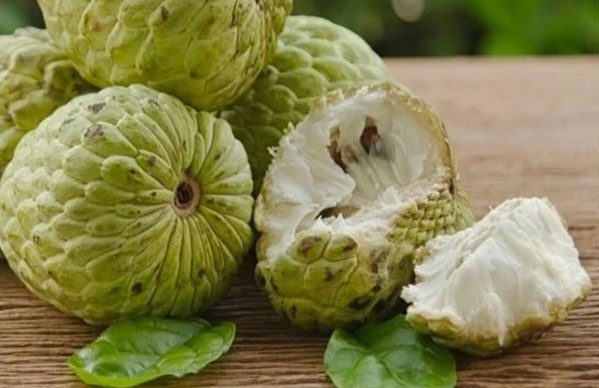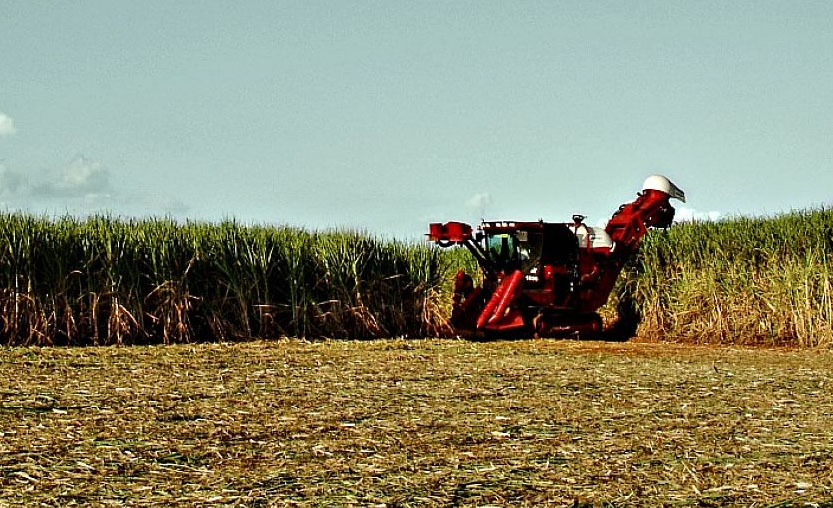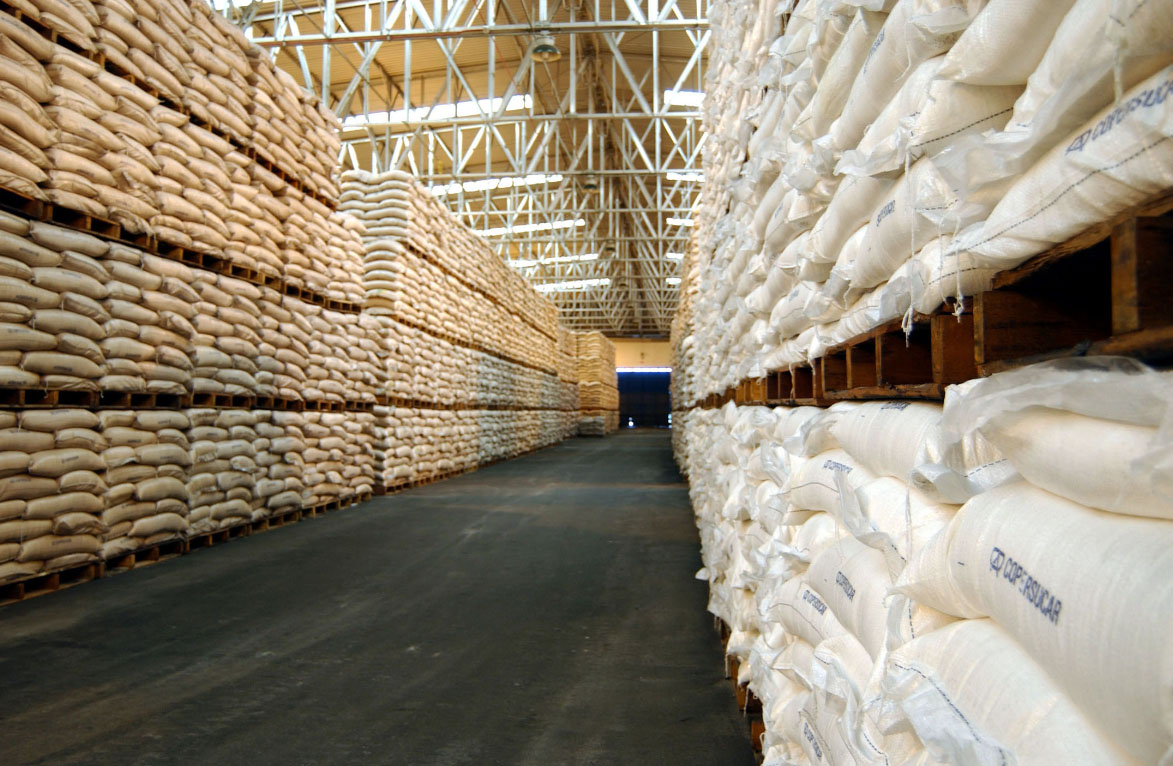Brazil, a
global leader in sugar production, is home to a multitude of sugar companies
that contribute to the nation’s sweet success. From sugarcane cultivation to
refining and export, these companies play a vital role in Brazil’s thriving
sugar industry. In this blog post, we’ll take a closer look at the world of
sugar companies in Brazil, highlighting their contributions and the factors
that drive the nation’s prominent position in the sugar market.
The Sugar
Industry in Brazil
Diverse
Landscape: Brazil’s sugar industry is marked by its diverse landscape of
sugarcane plantations. From the fertile fields in the northeast to the vast
plantations in the central-southern region, the country’s geography offers a
range of opportunities for sugar production.
Historical
Significance: The sugar industry has deep historical roots in Brazil, dating
back to the colonial era. The Portuguese introduced sugarcane cultivation,
which played a significant role in the nation’s early economy.
Key Players
in the Sugar Industry
Sugar Mills
and Refineries: Sugar companies in Brazil often encompass sugar mills and
refineries responsible for processing sugarcane and producing various sugar
products, including white, brown, and specialty sugars.
Ethanol
Producers: Many sugar companies in Brazil are also major ethanol producers.
Brazil is a global leader in sugarcane-based ethanol, and these companies
contribute to the nation’s renewable energy sector.
Contributions
to Brazil’s Economy
Job
Creation: The sugar industry is a significant source of employment in Brazil,
providing jobs in sugarcane farming, processing facilities, and related
sectors. It supports livelihoods in both rural and urban areas.
Export and
Trade: Brazilian sugar companies are key players in the global sugar market.
Brazil exports sugar to countries around the world, contributing to the
nation’s foreign exchange earnings.
Sustainability
Initiatives
Eco-Friendly
Practices: Many sugar companies in Brazil have embraced sustainable and
environmentally responsible practices. These include reducing water usage,
adopting responsible land use, and promoting biodiversity conservation.
Renewable
Energy: Brazil’s leadership in sugarcane-based ethanol production aligns with
global efforts to reduce carbon emissions. Sugar companies play a pivotal role
in supporting renewable energy solutions.
Challenges
and Opportunities
Environmental
Impact: While sugarcane cultivation has economic benefits, it can also have
environmental consequences. Sugar companies face the challenge of balancing
production with sustainability.
Market
Dynamics: Global sugar markets are subject to fluctuations in supply and
demand. Sugar companies in Brazil navigate these dynamics to remain competitive
and profitable.
Conclusion
Sugar
companies in Brazil are central to the nation’s identity as a sugar-producing
powerhouse. Their contributions to the economy, employment, and the renewable
energy sector are vital. As the world’s focus on sustainability and
eco-friendly solutions grows, Brazil’s sugar companies are well-positioned to
lead the way in providing sustainable sugar products and supporting renewable
energy initiatives. Their sweet success is not only a testament to Brazil’s
economic strength but also its commitment to a sustainable and sweet future.







